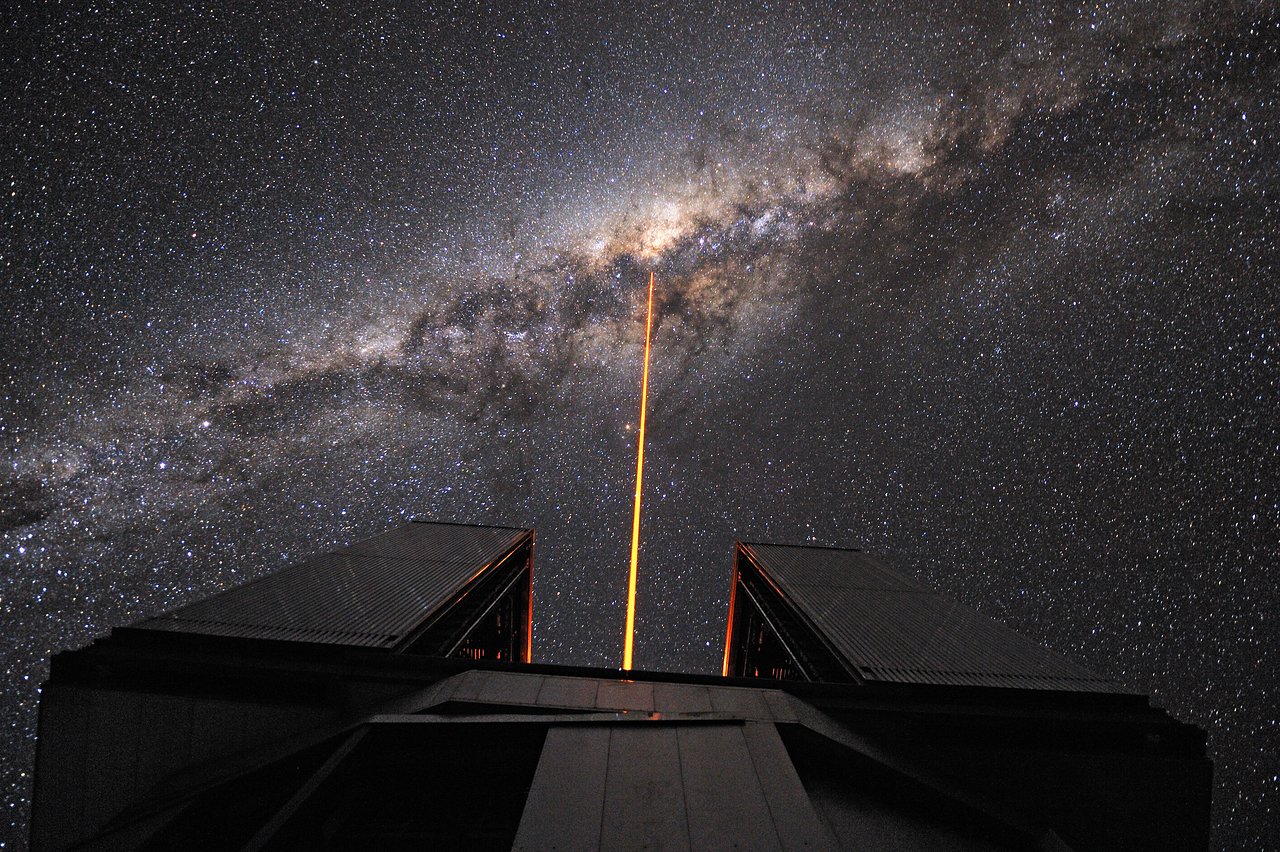We are undergoing a repository update, to improve your experience!
International Studies of Astronomy Education Research Database - The Astronomy Education Research Repository

International Studies of Astronomy Education Research Database - The Astronomy Education Research Repository
